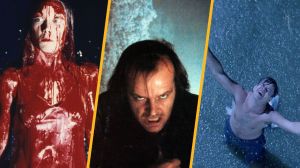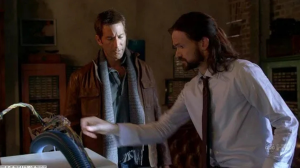Stephen King’s influence on television is so immense that it is easy to take for granted. For decades, his novels and short stories have been a reliable source of blockbuster miniseries and prestige dramas, with adaptations like It and The Stand becoming defining cultural events for entire generations. His name alone has become a brand, synonymous with a particular blend of character-driven horror, small-town supernaturalism, and epic struggles between good and evil. This constant presence has made his major television projects feel like common knowledge, with even casual viewers aware of his connection to iconic works like The Shining or Misery.
Videos by ComicBook.com
Beneath these famous adaptations, however, lies a more surprising history of King’s involvement with the small screen. Beyond the well-known miniseries, he has occasionally worked as a screenwriter, creator, and producer, lending his talents to projects that are not always immediately associated with his brand. From one-off anthology episodes to entire series built from the bones of his lesser-known novels, these five hidden connections offer a deeper look at King’s impact on television.
1) The X-Files (Season 5, Episode 10, “Chinga”)

The tenth episode of The X-Files‘ fifth season, titled “Chinga,” stands out as a unique collaboration between two of the biggest names in 1990s horror. The story follows Dana Scully (Gillian Anderson) on a solo vacation in Maine, King’s favorite setting, where she stumbles upon a series of bizarre deaths connected to a strange young girl and her antique doll. The episode was initially written by Stephen King, who was a vocal fan of the series and had expressed his interest in contributing. He submitted a teleplay that was then heavily rewritten by series creator Chris Carter, resulting in a finished product that bears the unmistakable marks of both writers. This shared credit is precisely why the connection is often overlooked.
The episode’s monster-of-the-week premise, featuring a creepy doll causing mayhem, feels like classic King, but its execution is filtered through the moody and atmospheric lens of The X-Files. Furthermore, Carter streamlined King’s original script, shifting its focus to better fit Scully’s character and the show’s established tone. The final product is a fascinating hybrid, a story that does not feel entirely like a King story or a typical episode of the show, making it a unique piece of television history.
2) Golden Years
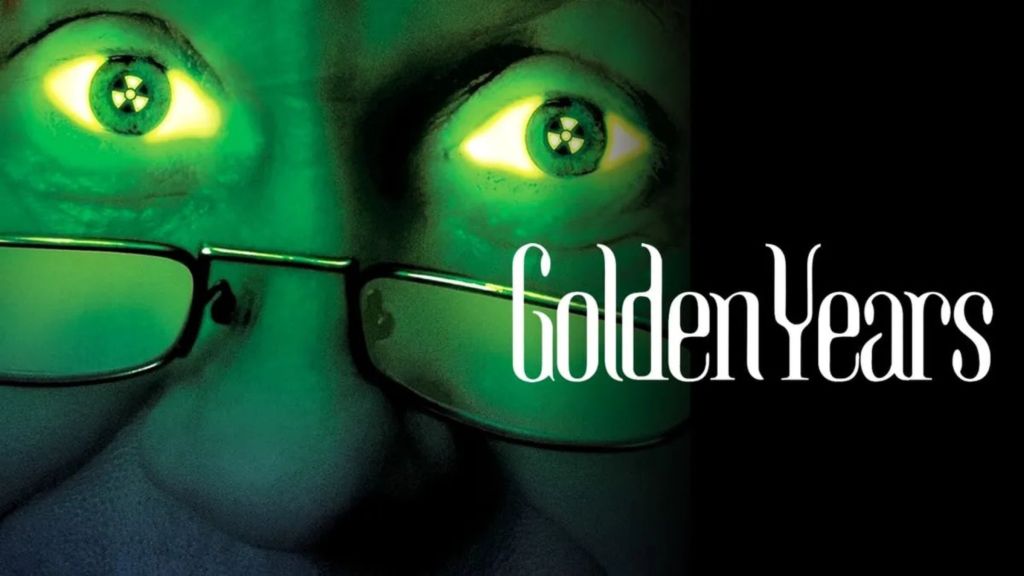
One of Stephen King’s most overlooked contributions to television was Golden Years, a sci-fi thriller he created as an original story for CBS in 1991. The story centers on Harlan Williams (Keith Szarabajka), an elderly janitor at a top-secret government laboratory who is caught in an explosion. He soon discovers the accident has caused him to begin aging in reverse, a phenomenon that makes him the target of a ruthless government agent known as The Shop. The series follows Harlan and his wife as they go on the run, seeking safety while grappling with the bizarre effects of his transformation.
Golden Years is a forgotten curiosity in King’s massive filmography largely because it was an original story written directly for television, not an adaptation of a popular novel. King had envisioned it as an ongoing series, and the initial miniseries was meant to serve as a launchpad for a full run. The final episode even ends on a major cliffhanger, with the promise of more to come. However, when CBS chose not to pick up the show for a full season, the story was left permanently unresolved, turning Golden Years into a footnote rather than a major television event.
3) Kingdom Hospital
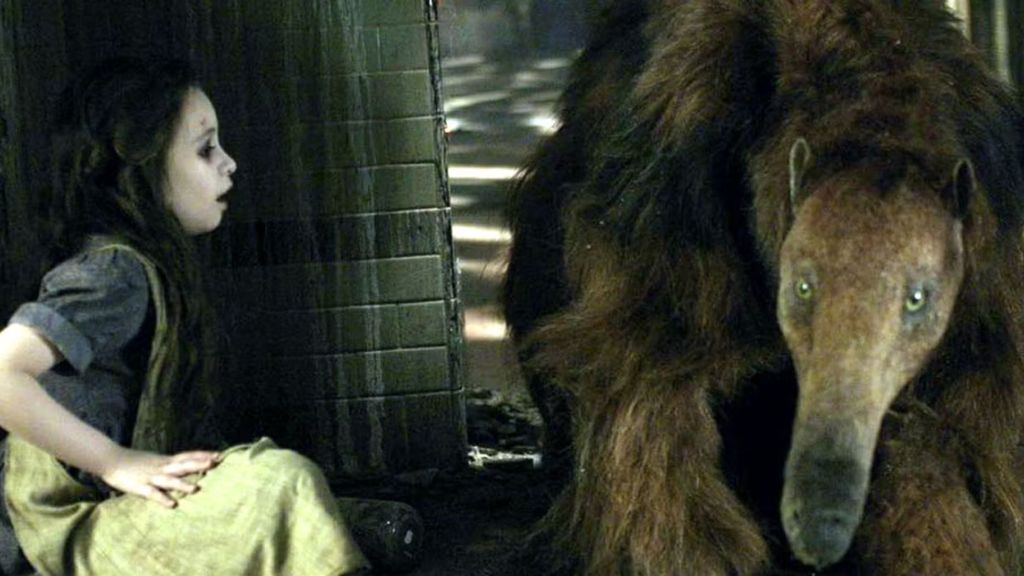
In 2004, Stephen King developed Kingdom Hospital, a 13-episode miniseries for ABC that was based on the Danish cult classic The Kingdom, created by filmmaker Lars von Trier. The show is set in a bizarre Maine hospital built on the site of a Civil War-era mill that burned down, trapping children inside. The narrative is a strange mix of supernatural horror, medical drama, and dark comedy, involving a ghostly young girl, a brilliant but arrogant surgeon, and a giant spiritual anteater named Anubis. King wrote every episode, using von Trier’s original as a foundation to build his own distinct mythology.
The connection to King is often missed because Kingdom Hospital is one of the few instances where he adapted another writer’s work for the screen. However, while the core premise belongs to von Trier, the execution is pure King. He relocated the story to his signature Maine setting and infused it with his own thematic obsessions, including the thin veil between worlds and the history of a place poisoning its present. As a result, Kingdom Hospital’s surreal tone and quirky humor were a departure for many viewers, making it a cult favorite that remains one of his most ambitious television projects.
4) Tales from the Darkside (Season 4, Episode 9, “Sorry, Right Number”)
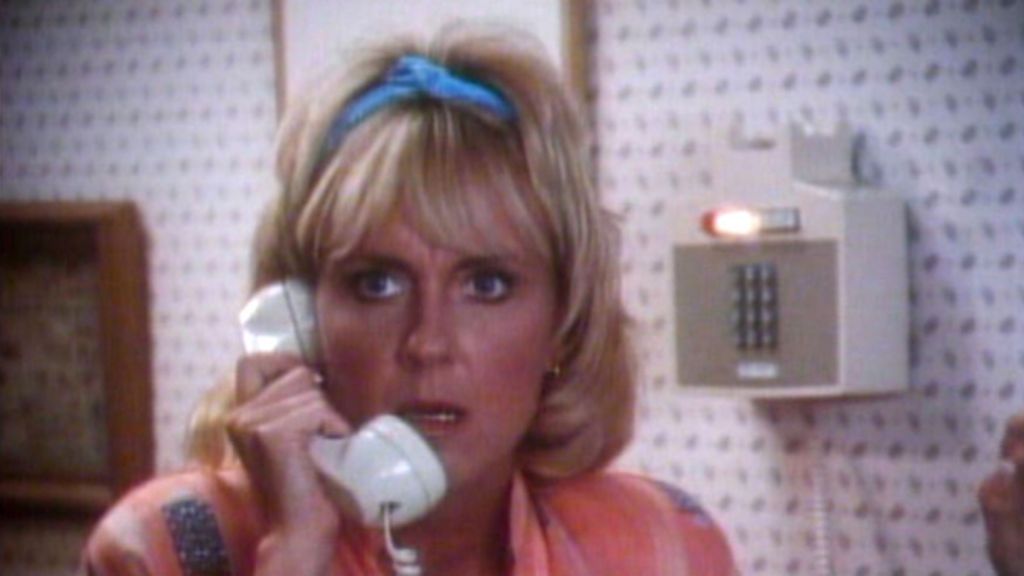
Stephen King made a direct contribution to anthology television by writing an original teleplay for the series Tales from the Darkside. Airing in 1987 as the ninth episode of the fourth season, “Sorry, Right Number” tells the story of Katie Weiderman (Lori Petty), a woman who receives a frantic and terrified phone call from a sobbing woman begging for help. She quickly realizes the voice on the other end of the line sounds disturbingly familiar, setting in motion a tense race against time to figure out who the caller was and prevent a looming tragedy.
Tales from the Darkside was created by George A. Romero, a frequent collaborator of King’s, making it a natural fit for his work. The screenplay for “Sorry, Right Number” was even published in King’s 1993 short story collection Nightmares & Dreamscapes. Despite this, his association with the show is not widely known, as his television legacy would become defined by adaptations of his novels rather than original contributions.
5) Haven
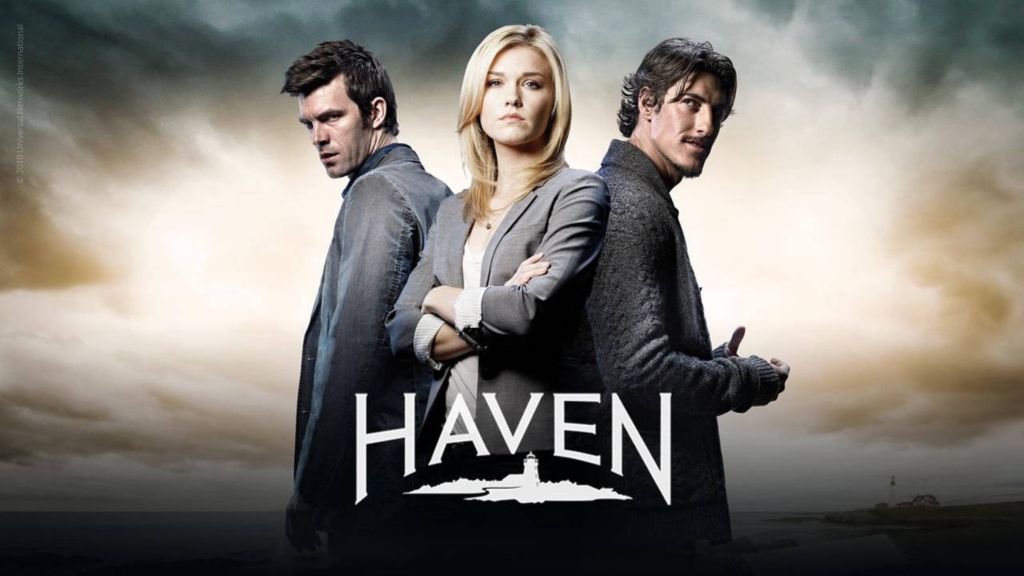
The Syfy series Haven, which ran for five seasons, is based on Stephen King’s 2005 novel The Colorado Kid. The show follows FBI agent Audrey Parker (Emily Rose), who arrives in the small town of Haven, Maine, on a routine case. She soon discovers the town is a refuge for people afflicted with supernatural abilities, which the locals refer to as “The Troubles.” Audrey chooses to stay, drawn into the town’s mysteries and the search for her own forgotten past. This premise of a supernatural procedural in a quirky small town made it a fan-favorite genre show.
The connection to King is often a surprise to viewers because the show is a very loose adaptation of its source material. For starters, The Colorado Kid is not a supernatural story but a hardboiled mystery about two small-town newspaper editors recounting an unsolved murder case. In addition, the novel is famous for its unconventional structure and deliberately ambiguous ending, elements absent from the show. As such, the creators of Haven used the novel’s central mystery as a jumping-off point to build a much larger and more fantastical world, transforming a character-driven mystery into a sprawling supernatural drama.
Which other obscure Stephen King TV connections do you think deserve a mention? Let us know in the comments!

